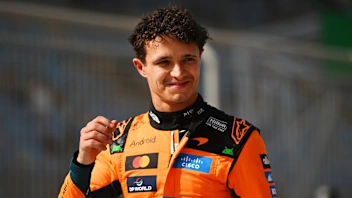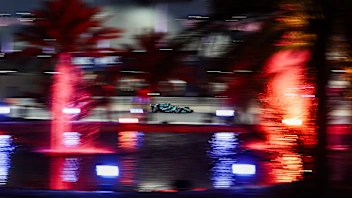How much have Red Bull, Racing Point and Ferrari closed the gap to Mercedes in 2020?

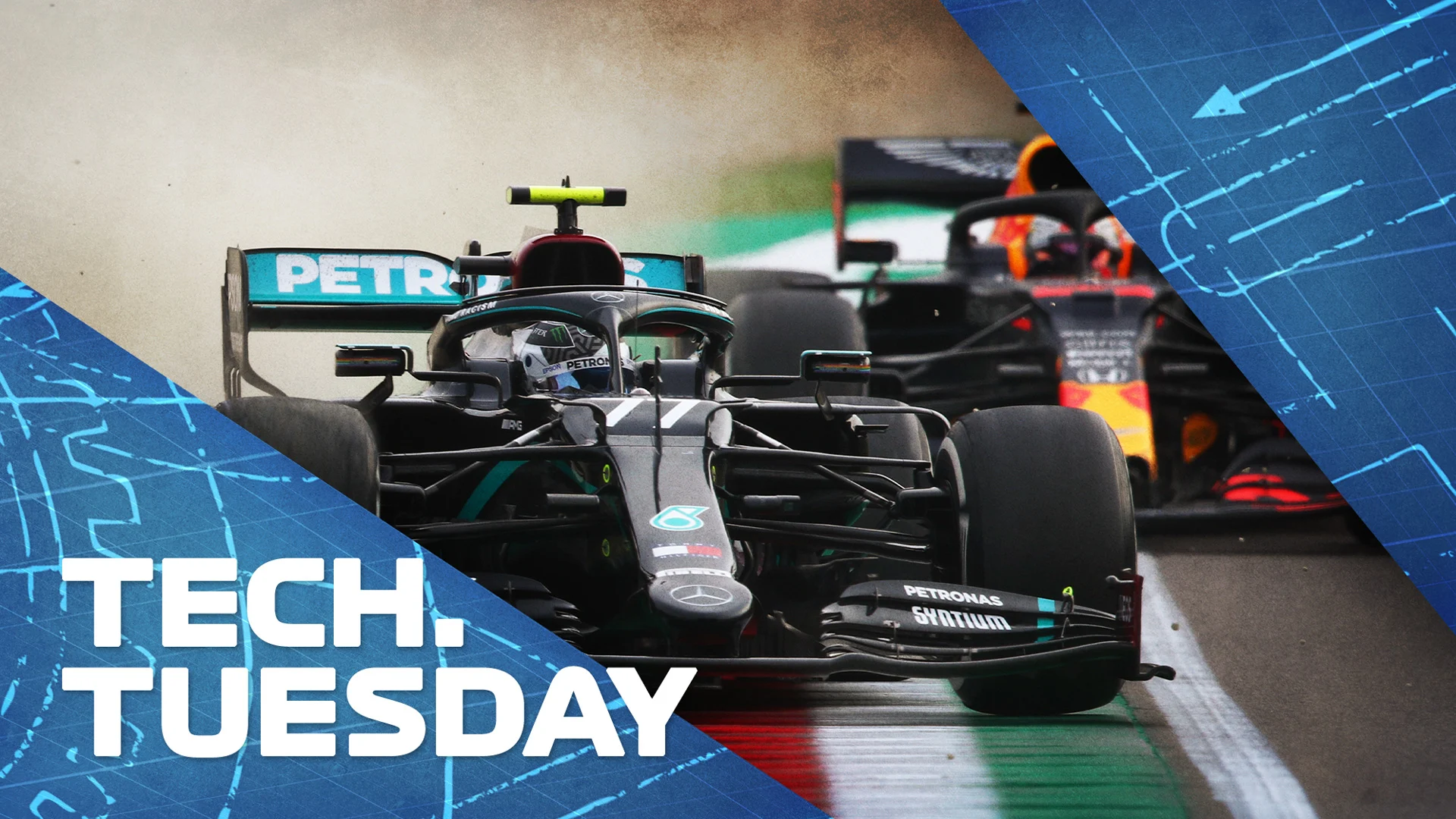
Now that Mercedes have sealed their record seventh constructors' championship, we can examine the fruits of their rivals' efforts to catch up. Mark Hughes looks at whether the likes of Red Bull, Racing Point and Ferrari have been able to cut their pace deficit to the Silver Arrows in 2020, with technical illustrations from Giorgio Piola.
Despite the late start, compressed calendar and curtailed budgets of this pandemic-afflicted season, F1 car development has continued apace. It’s also been an unusual season in that one team – Mercedes – have set pole position for every race so far.
READ MORE: How teams like Red Bull and Ferrari are already tackling the 2021 downforce cut
We can thus compare the performance of all the other teams through the season relative to Mercedes, albeit without knowing exactly how much performance Mercedes themselves have added with their various upgrades. Here we use a series of graphs to compare the performances of three key teams and how they correlate to development programmes.
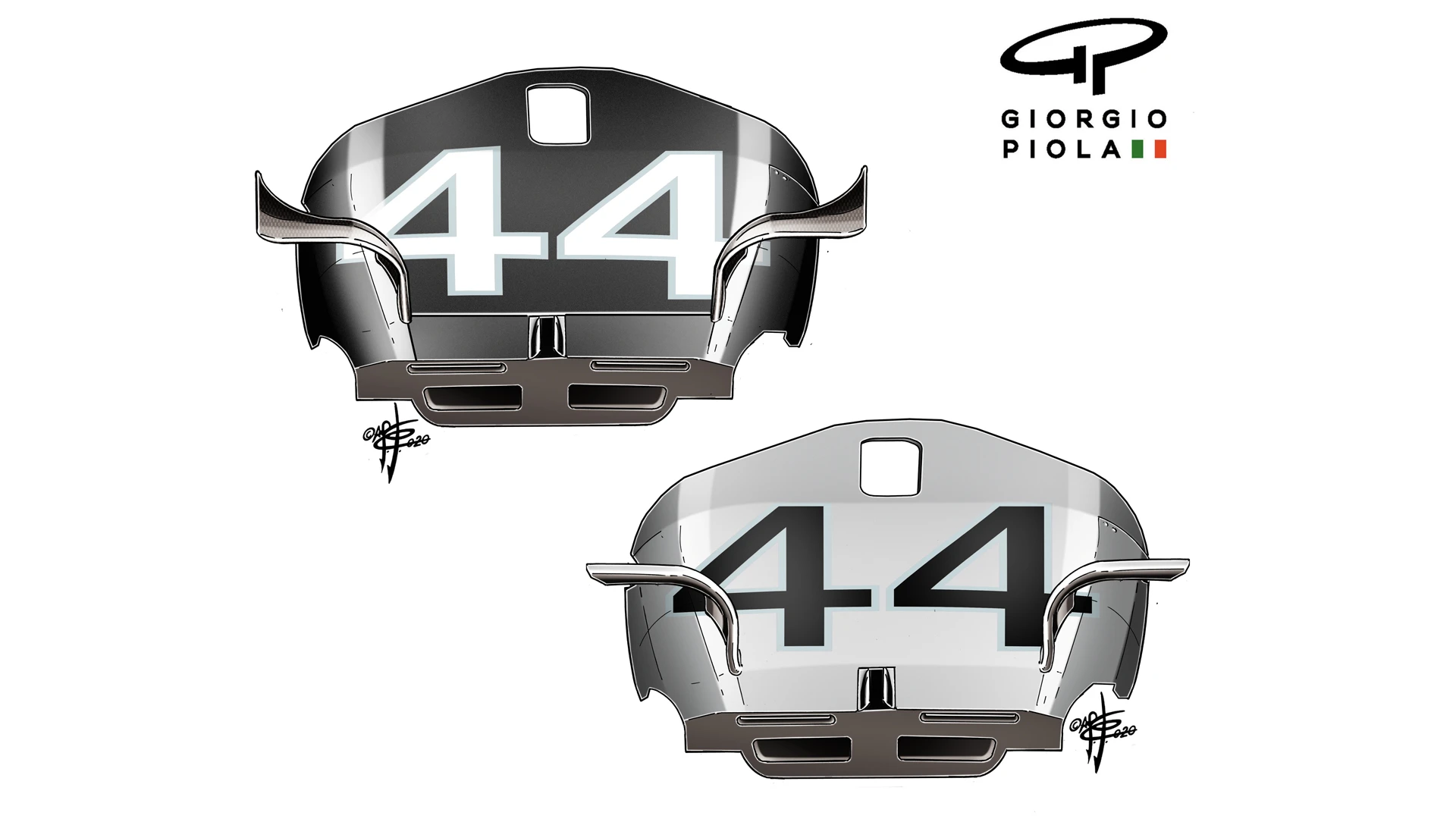
Mercedes have admitted that since their Spa upgrade they have made only very minor developments on their W11, as they can afford to switch more resource to their 2021 car.
The Spa upgrade comprised new bargeboards, which appeared to prioritise better efficiency rather than downforce, and a new floor, which included extra vanes ahead of the rear tyre. The shoulder vanes around the radiator inlets were re-shaped and the ‘bull horn’ flow conditioners atop the nose were re-profiled.
READ MORE: A look at the W11 upgrades at the Belgian Grand Prix
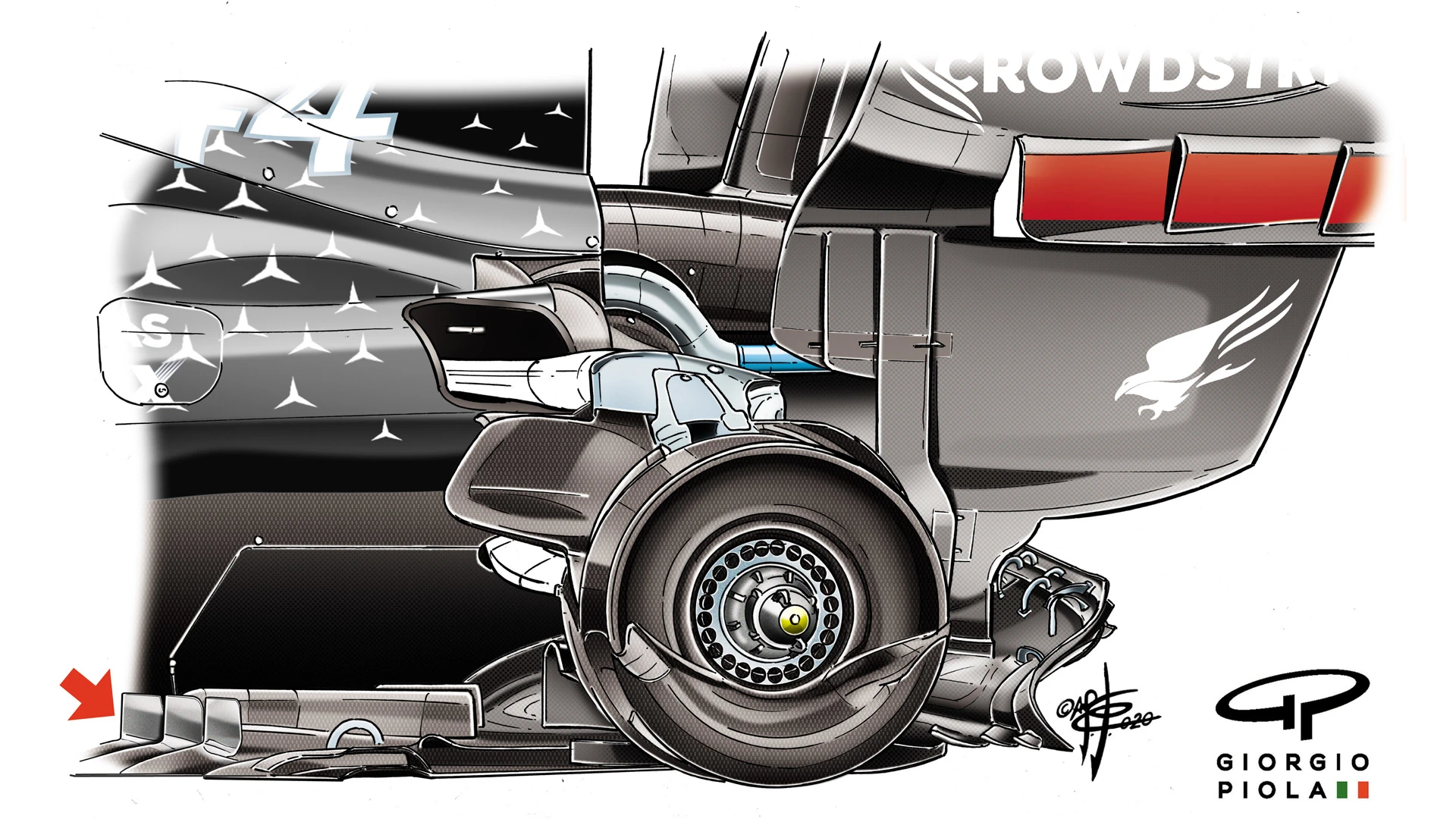
Although Mercedes remained fastest at Spa, interestingly their advantage over the field narrowed. But this was not, the team insisted, because the upgrade didn’t work; simply that the circuit characteristics were always going to be less advantageous to their design, as their downforce advantage was less rewarded here than at prior tracks. The Spa gap would have been closer, they believe, had the upgrades not been made.
READ MORE: Formula 1 announces provisional 23-race calendar for 2021
This is borne out by a look at the graph below, which shows (in percentage to pole position) the average of the field relative to Mercedes. The straight line running parallel to the Mercedes trace is everyone’s combined average over the whole season to date. The yellow line running above and below it is the whole field’s combined performance relative to Mercedes at each individual race.
It can be seen from this that Spa was just a blip and, in the next few races, the field fell back from Mercedes once more. But the effect of Mercedes switching off their development has begun to tell in the last few races, as the field has caught up.
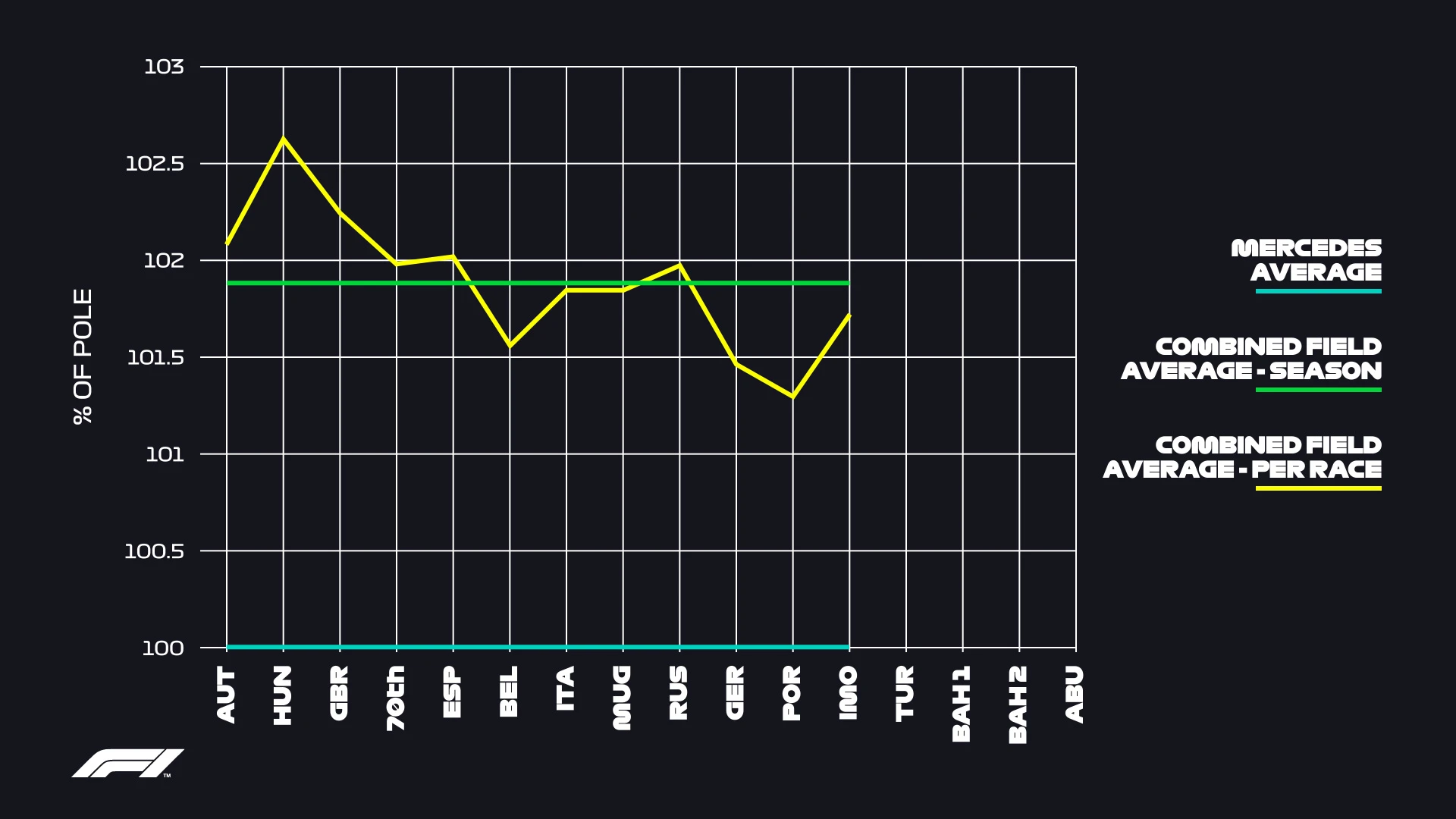
Mercedes’ increased dominance over the field compared to last season has been a disappointing outcome of 2020 but their closest rival Red Bull-Honda have at least made continuous strides in developing their car closer. This can be seen in the graph below where the purple line charts Red Bull’s race-by-race average pace deficit to Mercedes, with the blue line referencing Red Bull’s average deficit for the season to date.
The races where the team’s deficit was smaller than their seasonal average are mainly in the second half of the season. Red Bull’s recent developments around their rear suspension appear to have been particularly fruitful.
READ MORE: The RB16 upgrades allowing Red Bull to close the gap to Mercedes
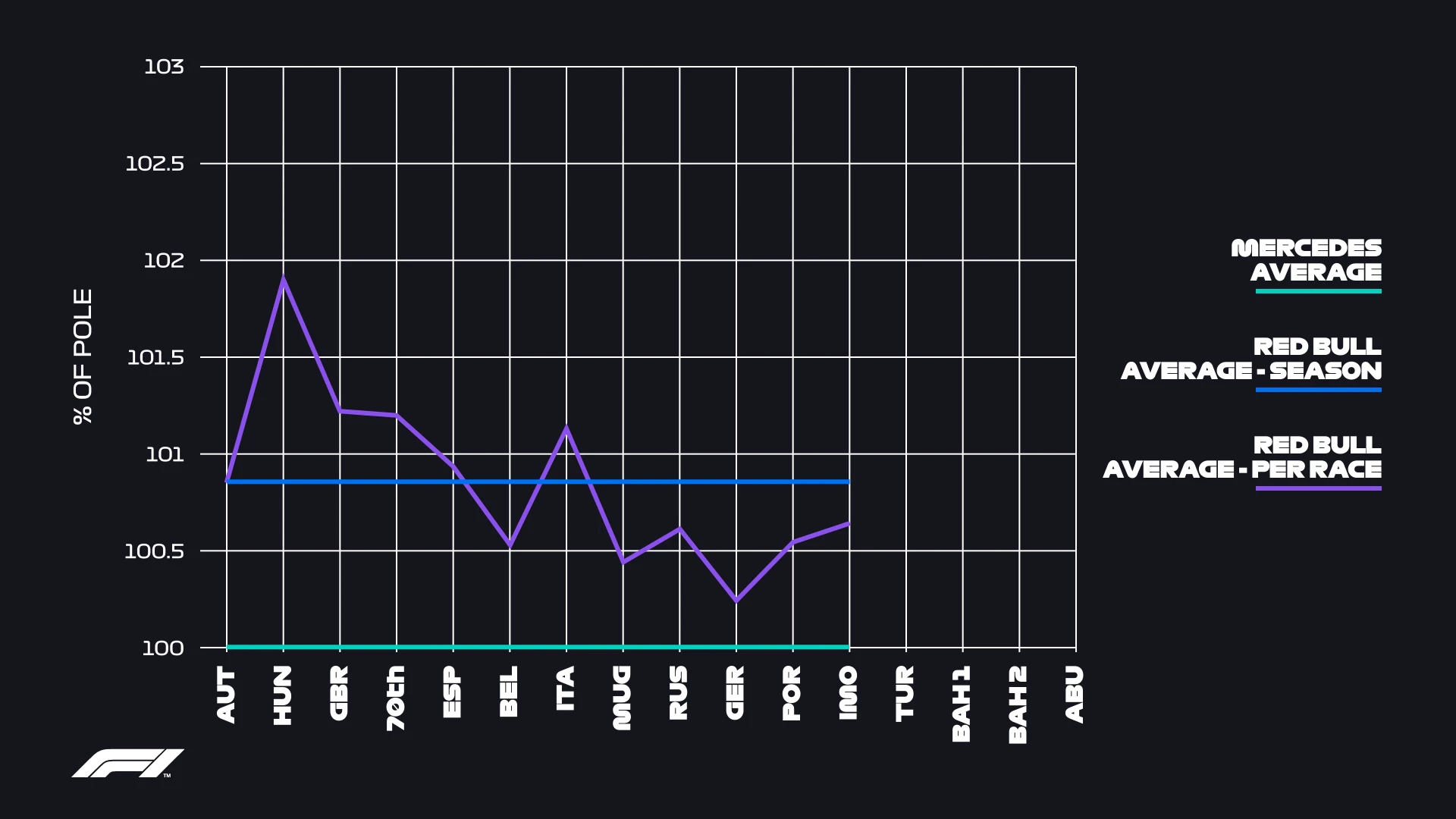
Racing Point’s performance pattern (as seen in the graph below) is interesting. With hardly any development at all on the car between Silverstone and Monza, the car enjoyed its best performance as the team honed and understood what is a totally new concept. The major upgrade (barge board shape and accompanying changes) that went onto the car in Mugello appeared to set it back initially but to pay dividends thereafter (Imola apart).
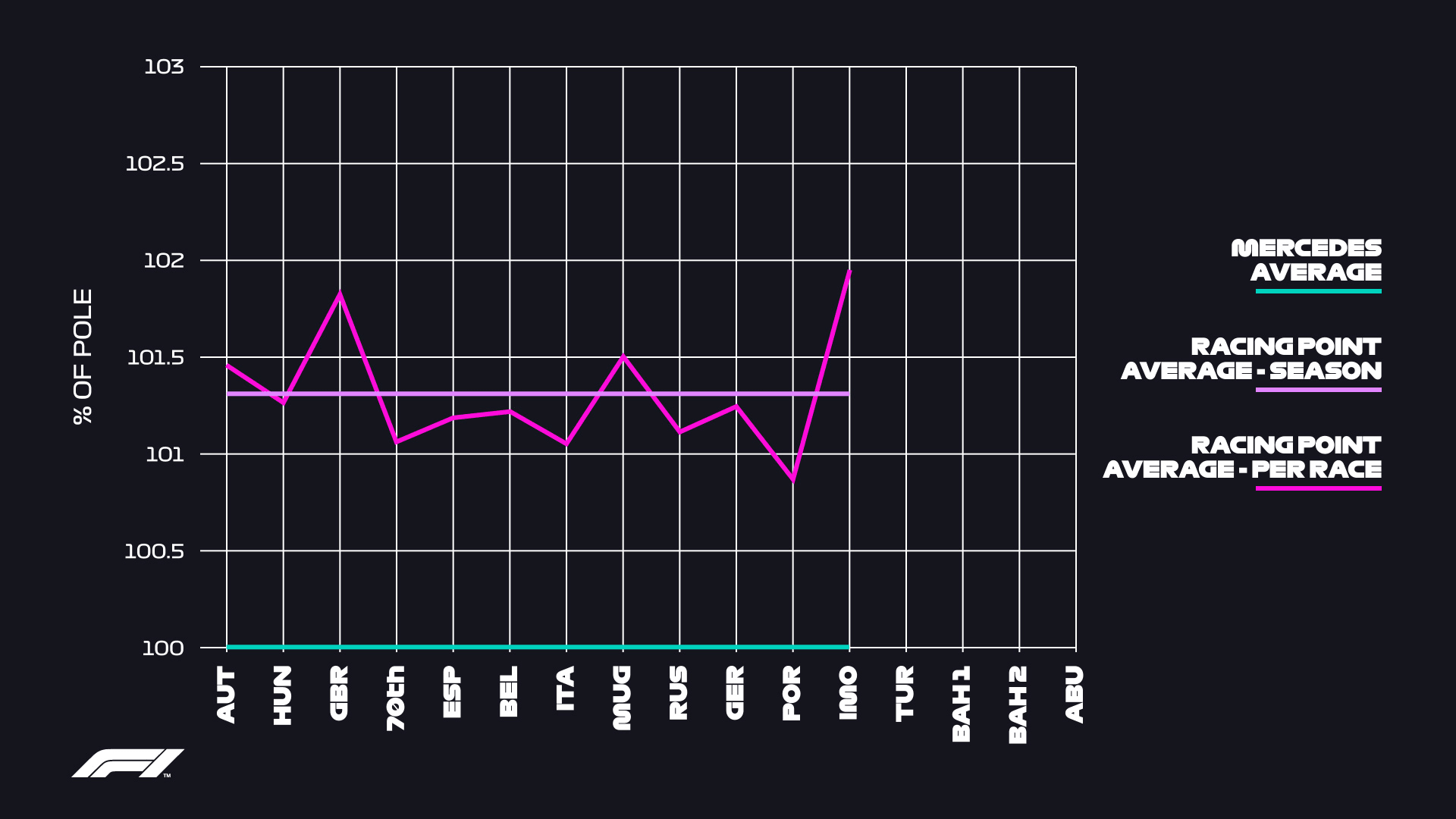
Ferrari’s recent series of upgrades of bargeboards, diffuser and floor appear to have contributed towards an improved performance, as seen in this graph below.
READ MORE: Why Ferrari reverted to their original diffuser spec in Imola after Portimao experiments
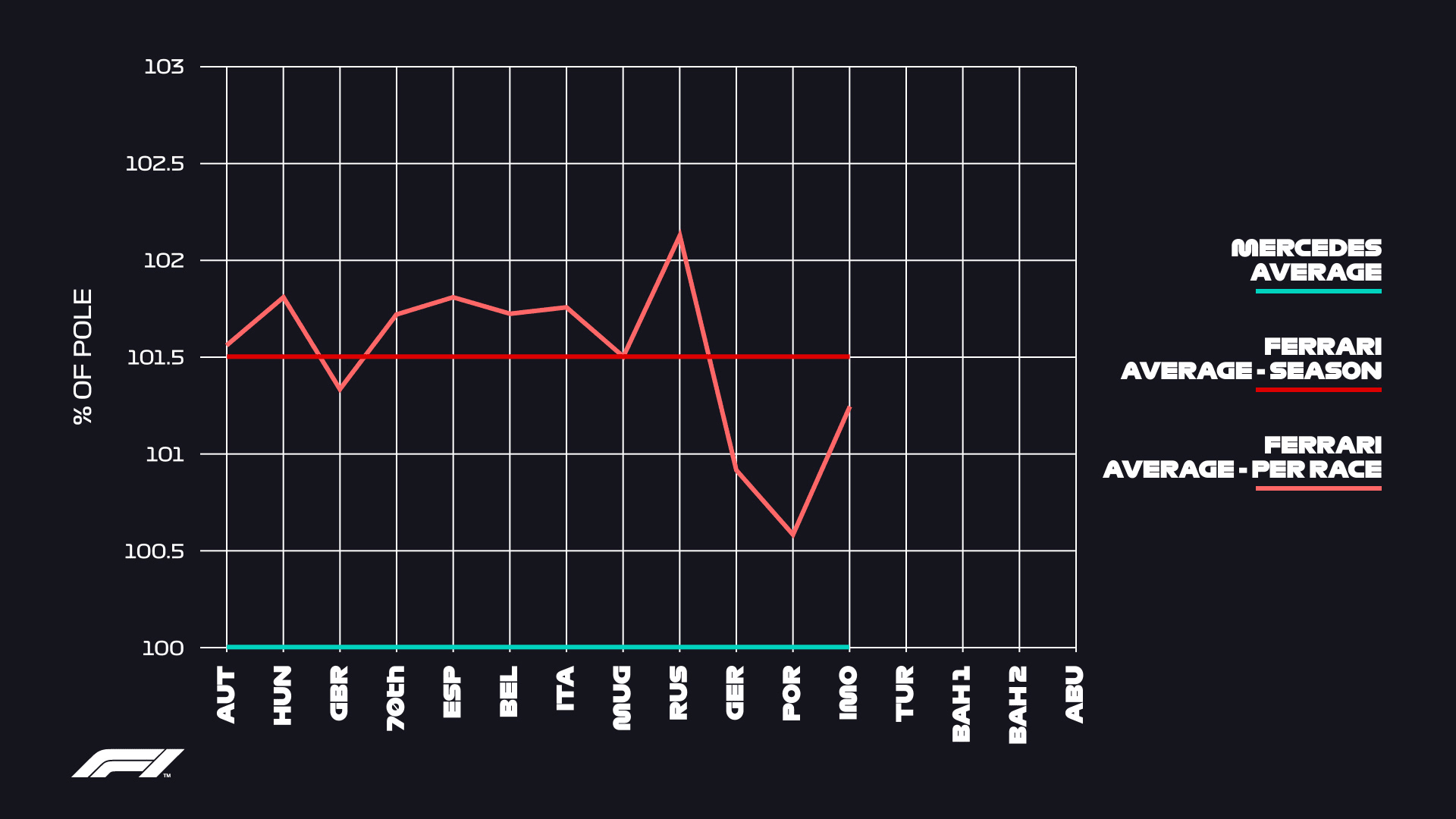
With F1's major rule change having been delayed until 2022, the teams will all be carrying over large parts of their current cars for next year. It remains to be seen if the likes of Red Bull can get even closer to Mercedes before the end of this season, or even get on terms with them in 2021.
TRENDING TOPICS: The title, Turn 8, Tsunoda, and more talking points ahead of the Turkish Grand Prix
Next Up
/Hadjar%20Bahrain%20testing.webp)
/GettyImages-2261466792.webp)

